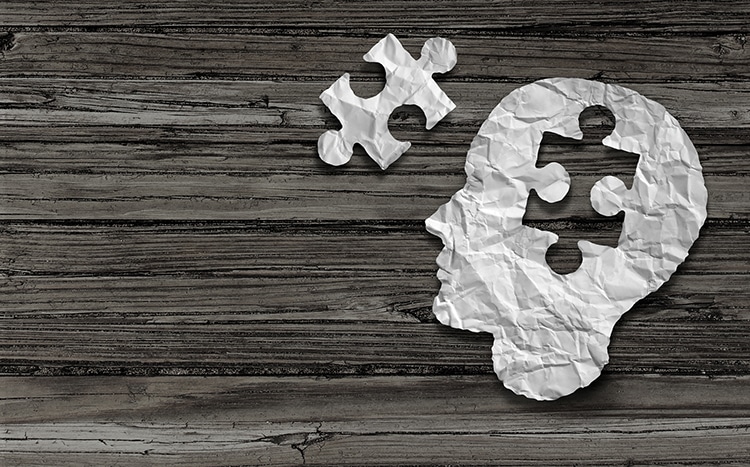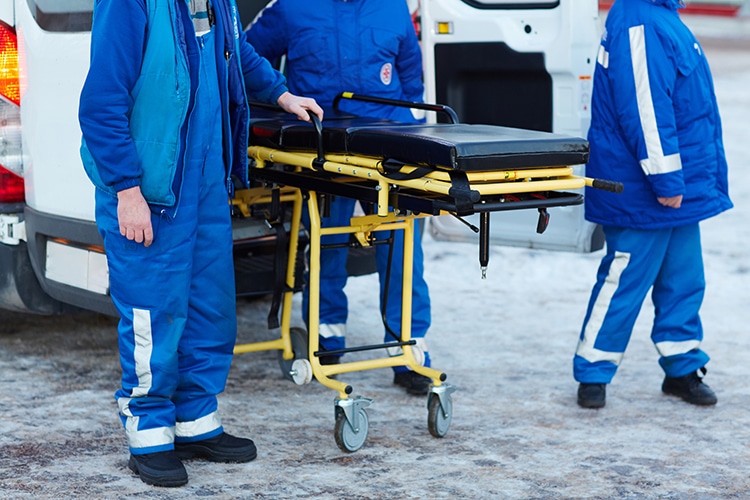
Photo: LIGHTSOURCE/DepositPhotos
People experiencing a mental health crisis deserve compassion, safety, and treatment. This is the philosophy behind B-HEARD, a new pilot program in New York City which dispatches fire station paramedics and trained social workers to mental health crises instead of police officers. After a full month of operations in northern Manhattan, the data is in. Routing emergency calls to B-HEARD resulted in a significant increase in people accepting treatment and a corresponding decrease in necessary hospitalizations.
B-HEARD stands for Behavioral Health Emergency Assistance Response Division. The program is modeled after similar endeavors in other cities which seek to remove police presence from non-violent mental health or drug and alcohol crises. Faced by the fact that mental health-related calls make up 22% of recorded deaths at the hands of police, cities and communities are increasingly reconsidering how such calls should be handled. National conversations about race, disability, and class in the context of traditional policing has led to the consideration of innovative community safety solutions.
The B-HEARD pilot period ran from June 6 to July 7, 2021. The trial focused on northern Manhattan, including parts of Harlem. As people called 911 to report crises, 138 mental health emergency calls were routed to B-HEARD rather than the police. This amounted to about 16 calls per day. At the end of the trial period, the data was analyzed. The results indicated significantly better outcomes than similar situations which had previously received police intervention.
95% of the cases responded to by B-HEARD resulted in the person concerned accepting care. This is a jump from the 82% from traditional response methods, where police may or may not be joined by mental health professionals. In contrast, the number requiring hospitalization dropped from 82% to 50%. With this success, the program will increasingly route calls to B-HEARD which could benefit from a response by mental health professionals.
The impacts of programs like B-HEARD are huge. According to the National Alliance on Mental Illness (NAMI), 24/7 crisis call centers, mobile crisis teams like B-HEARD, and crisis stabilization programs for more intensive treatment are all critical to providing dignified care to those in need. Mental health experts even help reduce the danger to officers, while treating someone for mental health issues is also significantly less expensive for taxpayers than incarceration. NAMI is even advocating for a 988 number nationally which would serve as the mental health version of 911. To learn more about how you can help advocate for better responses to mental health crises in your communities, check out their website.
If you or a family member are experiencing mental health struggles, there are national phone numbers to call for crisis help. You can also try searching online for services in your area or contact your local authorities.

Photo: PRESSMASTER/DepositPhotos
h/t: [NPR]
Related Articles:
Interview: Artist with Anxiety Illustrates Mental Health Tips She Learns in Therapy
7 Shops Helping Raise Awareness and Funds for Mental Health Causes
Teen Attaches Uplifting Notes to a Bridge To Help Those Struggling With Mental Health
